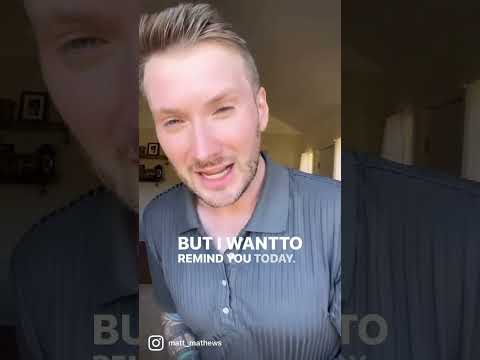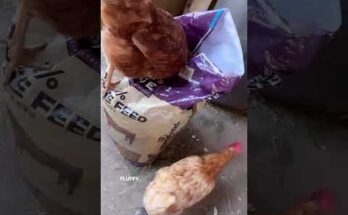Unfiltered Laughter: My Comedy Journey and the Words That Set Me Free
When I first grabbed a microphone and stood under the hot glare of stage lights, I wasn’t thinking about fame, success, or even whether anyone would laugh. I was thinking about how badly my knees were shaking and whether my voice would betray me before the punchline did. Comedy wasn’t some grand plan—it was survival. It was the only place I could take all the chaos, awkwardness, and pain of life and turn it into something powerful: laughter.
At first, I played it safe. Polished jokes. Neat little stories. A version of myself that was funny but filtered, like a social media post where you crop out the mess in the background. The laughs were there, sure—but they weren’t mine. They belonged to a comedian trying too hard to sound like someone else.
Then came the night everything shifted. I was bombing—hard. The audience wasn’t buying the polished bits. Out of sheer desperation, I ditched the script and started riffing on something real: my terrible dating life, my family’s quirks, the embarrassing truths I’d been too afraid to say out loud. To my surprise, the room lit up. People weren’t just laughing; they were leaning in, nodding, connecting. I felt something click inside me. For the first time, I wasn’t just telling jokes—I was telling the truth.
That’s when I realized the words that set me free weren’t the ones I carefully rehearsed. They were the messy ones, the raw ones, the ones I never thought I could say out loud. Comedy stopped being about approval and started being about release. Every awkward confession, every sarcastic rant, every wild exaggeration wasn’t just a joke—it was a way of reclaiming my story.
Of course, “unfiltered” doesn’t mean easy. Speaking honestly on stage is terrifying. There’s always that fear: What if they don’t laugh? What if I go too far? What if I reveal too much? But every time I take that risk, the payoff is worth it. Because when people do laugh—not just at the punchline, but at the messy humanity behind it—I feel less alone. And judging by the nods and claps, so do they.
Comedy, for me, has become more than entertainment. It’s therapy with a cover charge. It’s a reminder that vulnerability can be hilarious, that honesty can heal, and that sometimes the best medicine really does come with a punchline. My funniest moments on stage often come from my most humiliating real-life failures: the breakup text that autocorrected into nonsense, the time I got locked out of my house in pajamas, the argument with a GPS that I definitely lost. Those stories sting in the moment, but under the spotlight, they transform into freedom.
Looking back, my journey isn’t just about getting laughs—it’s about finding my voice. The unfiltered one. The voice that says the thing we’re all secretly thinking but too polite to admit. The voice that doesn’t hide behind perfect timing or polished setups but leans fully into the chaos of being human.
Unfiltered laughter isn’t always pretty, but it’s always real. And for me, that’s where freedom lives—in the messy, honest, ridiculous truth that connects us all.


